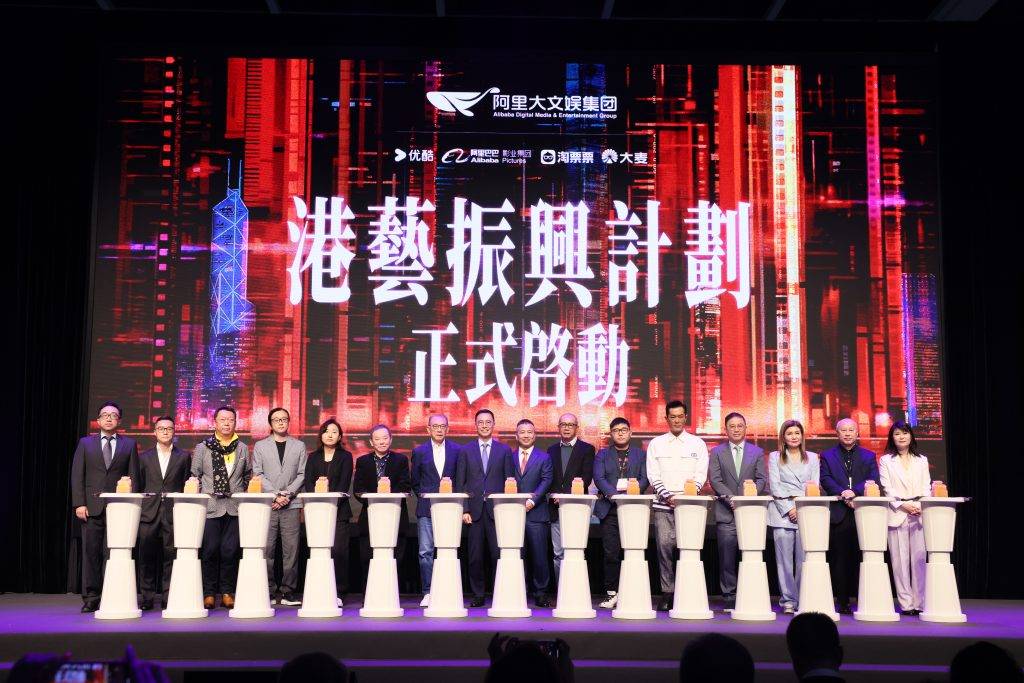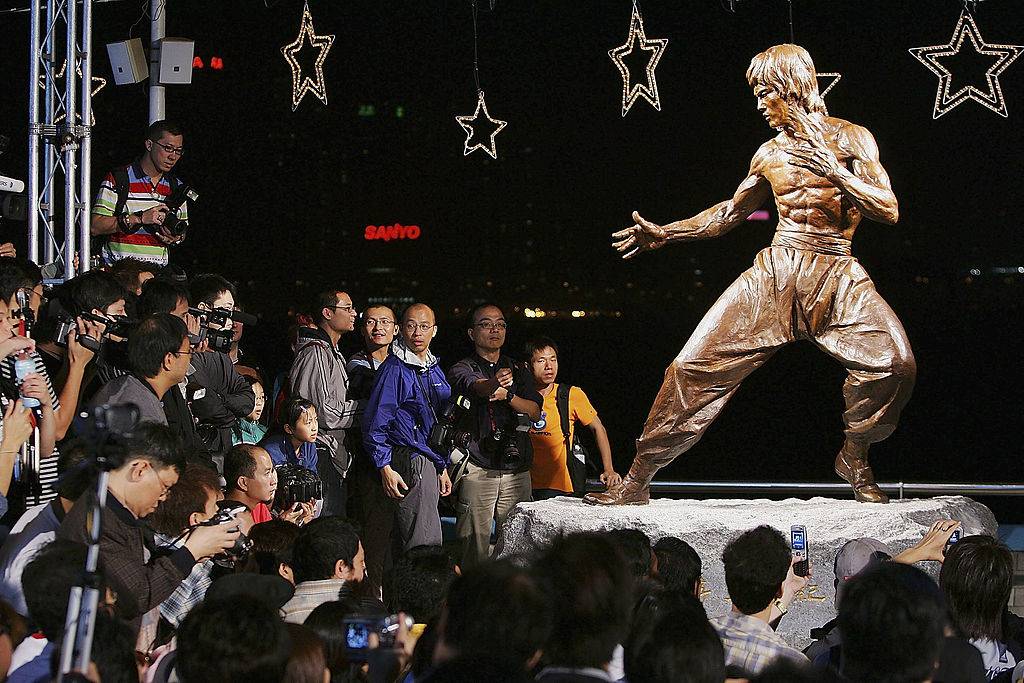

Alibaba and partners to support HK talent following in the footsteps of superstars, such as martial arts legend Bruce Lee. Photo credit: Getty Images
Alibaba is sprinkling stardust onto Hong Kong’s entertainment industry, the home of Jackie Chan and Bruce Lee movies and a buzzing TV drama hub.
Alibaba’s wholly owned media and entertainment arm pledged at least HK$5 billion ($640 million) over five years to promote Hong Kong’s creative industries to a global audience.
Youku, Alibaba Pictures, and other businesses in Alibaba’s Digital Media and Entertainment Group will spread the funding across Hong Kong-made TV dramas, movies, events, and training young creatives in the city’s cultural hub.
Youku and Alibaba Pictures also announced new projects and inked collaborations with Hong Kong-based production studios at an industry trade show on Monday.



Youku is riding on the recent success of the 2023 Hong Kong TV newsroom drama “The QUEEN of News,” which it co-produced and distributed in mainland China and Hong Kong. The online long-form video platform said it would back “The QUEEN of News 2” with the original cast.
The financing comes as the entertainment industry in mainland China is enjoying a post-pandemic boom, with its box office hitting new highs during the recent Lunar New Year holidays.
“We will support a new generation of Hong Kong actors, allowing more creative talents from Hong Kong to thrive in Mainland China and provide greater opportunities for young talent, while at the same time, preserving and continuing Hong Kong’s unique pop culture,” Ying Xie, Youku’s Vice President told a packed room of industry professionals at the trade show.
Golden Era
Digital Media and Entertainment Group (DME’s) investment is part of a broader plan to revitalize Hong Kong’s once-flourishing cultural scene. Anchoring its commitment, Beijing-headquartered Alibaba Pictures said the city would become its second headquarters.
The plan, dubbed “Hong Kong Cultural and Art Industry Revitalisation Program,” is the brainchild of DME and a group of local industry players, including Edko Films, BenXiaoHai Media Co. Ltd, Mandarin Motion Pictures, Huanxi Media Group, Media Asia Group, Universe Entertainment and Culture Group, Meiya Entertainment, One Cool Group, TVB, Shaw Brothers Pictures and Emperor Motion Pictures.
“Filmmakers who are rooted in the city’s culture, possess a blend of eastern aesthetics and international perspective will be the key to maintaining our distinctive competitiveness in the global motion picture market,” said Alibaba Pictures’ President Jie Li.
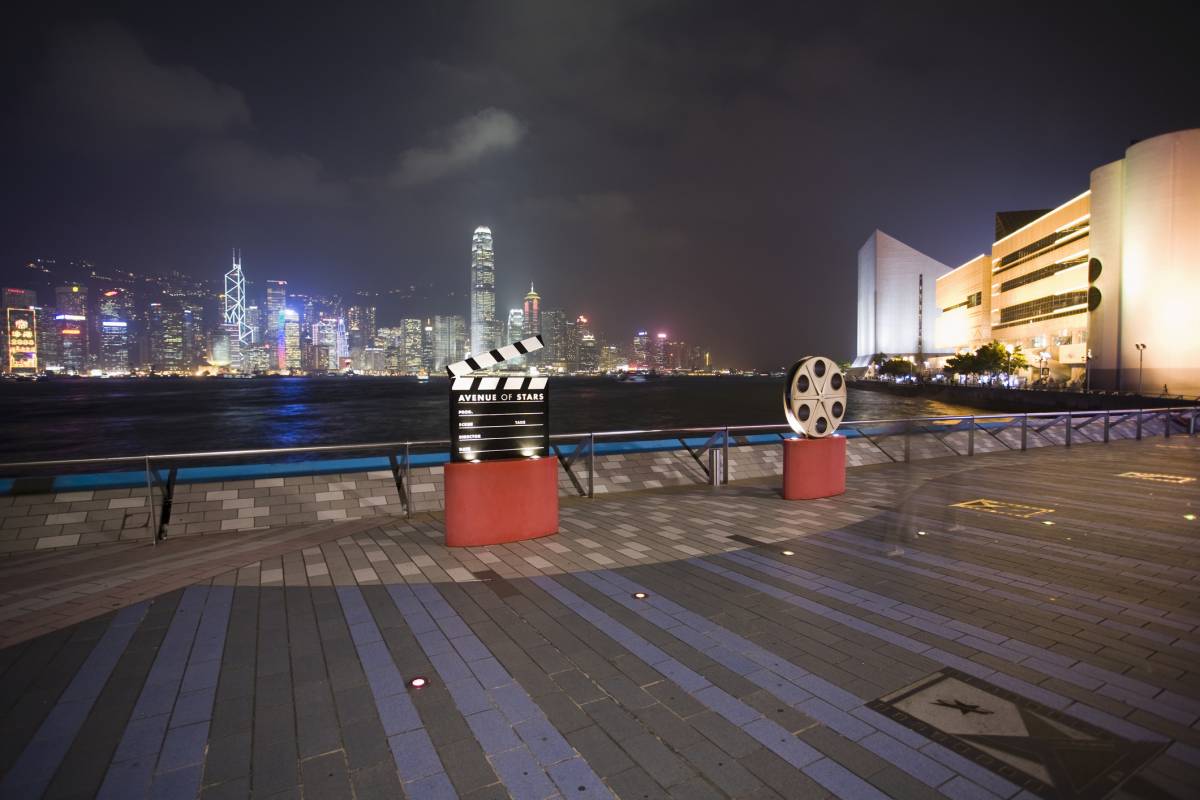


For decades, Hong Kong was the third-largest film producer globally, after Hollywood and Bollywood, and the second-largest exporter of films.
The city was home to a thriving entertainment hub for the Chinese-speaking world, nurturing stars such as Chinese-Singaporean Jet Li and Hong Kong-American martial artist Bruce Lee. Hong Kong-born Jackie Chan was Asia’s biggest box office draw for years.
In the mid-1960s, the city’s version of Tinseltown, the Shaw Brothers’ Movietown, became the largest privately owned studio worldwide by popularizing the kung fu genre.
After a prolonged downturn, the entertainment industry stabilized, partly due to preferential access to the Chinese market, the world’s second-largest box office after the U.S., according to the Hong Kong government. The concert circuit has recently rebounded post-pandemic, with pop groups such as Mirror and singer-actor Eason Chan rising to prominence.
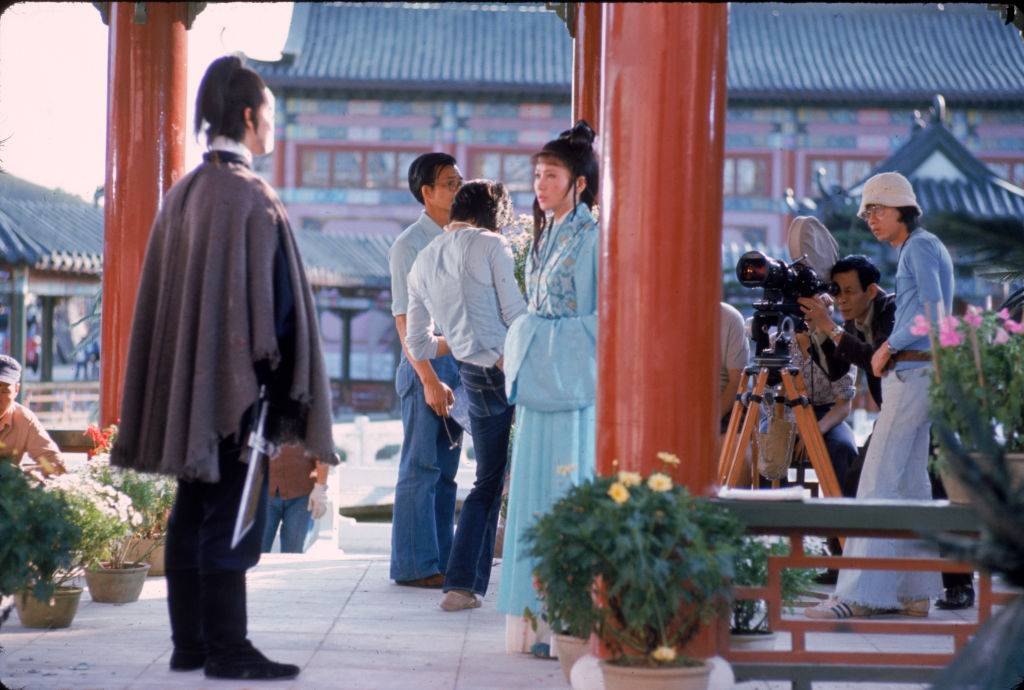


Hong Kong’s government has said it is stepping up its support of the creative sector and helping Hong Kong-based directors break into mainland China’s market. It established the Film Development Council in 2007, followed by the CreateHK office in 2009; in its 2024/2025 budget it promised to inject fresh funds into the bodies. The culture and creative arts sector contributed 4.5% to Hong Kong’s economy in 2022 and supported 6.1% of jobs in the city, according to official statistics.
“By leveraging our rich film repository and dedicated resource investment, we are confident in creating a new golden era for Hong Kong films in partnership with top local filmmakers,” said Alibaba Pictures’ Li. The movie business said it would fund scholarships for 20 filmmakers studying at the Hong Kong Baptist University Academy of Film.
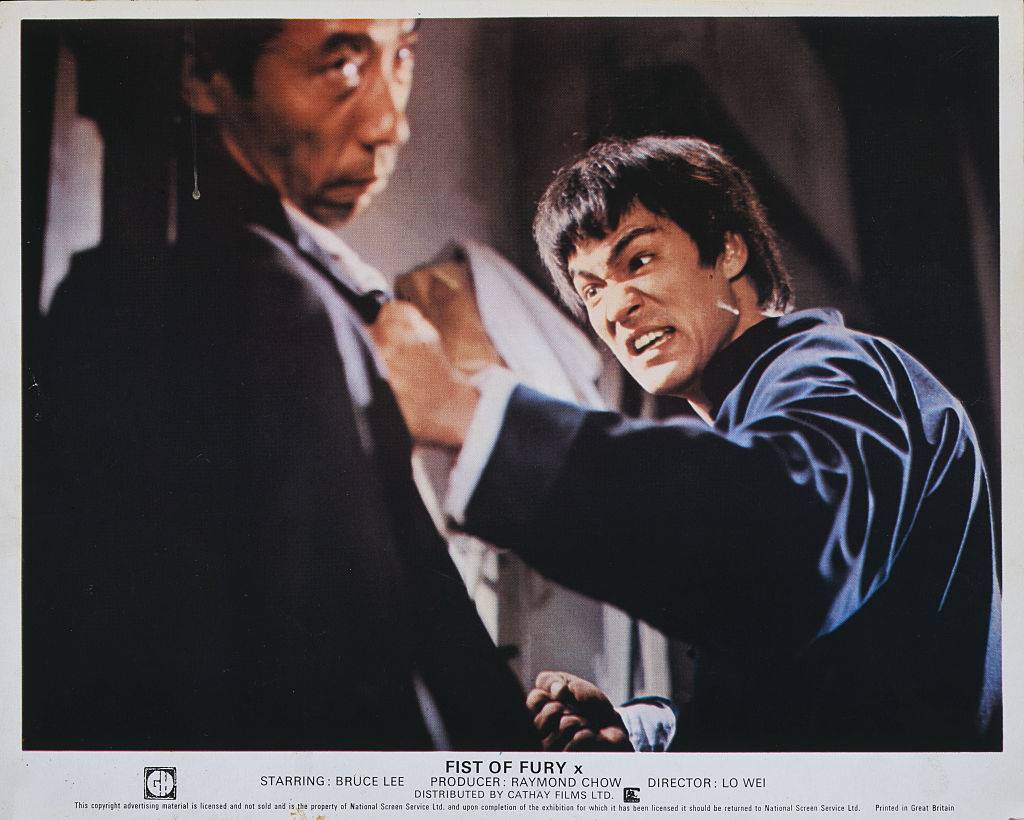


Track Record
Alibaba’s DME has long invested in Hong Kong’s entertainment industry. Its credits include co-producing 2023’s courtroom caper “A Guilty Conscience,” the directorial debut of Jack Ng. The film became a local sensation and Hong Kong’s highest-grossing Chinese-language movie.
DME’s Youku began working with Hong Kong’s film and television production companies back in 2013 and has financed Hong Kong dramas for over a decade. One of its early hit TV shows was the “Forensic Heroes” franchise, first broadcast in 2006.
Some of DME’s HK$5 billion has already been earmarked for projects. Youku said it is backing TV dramas, including “Forensic Heroes VI: Redemption,” “The Heir To The Throne,” “Darkside of the Moon,” “Prism Breaker,” “Fearless,” “Dark Chase,” “Behind The Queen Of Yarn” and “Golden Era.”
Meanwhile, Hong Kong-listed Alibaba Pictures is investing in Hong Kong films and dramas including: “The Trier of Fact,” “The Last Dance,” “Customs Frontline,” “In The Light Of Dark,” “Behind The Scene,” “Time Still Turns The Pages,” “Invincible Swordsman,” “Without Remorse,” “Endless Battle 2,” “The Grey Men 2,” and “My Date With A Vampire.”
Tech and Creativity
Support for Hong Kong’s creative hub comes as it grapples with the disruption and opportunities presented by advances in technology such as Generative AI and video streaming.
Gen AI is upending the entire cycle of production, from scriptwriting to special effects. Meanwhile, the rise of streaming media has not only changed consumers’ viewing habits, direct-to-consumer channels are bypassing conventional sales and distribution practices.
Youku’s Xie praised Hong Kong dramas’ efficient production and the professionalism of its scriptwriters, directors and actors.
“The key to the success of the ‘New Hong Kong Television Series’ lies in not only preserving these important resources, but also accurately understanding and continuously embracing the evolving preferences of younger audiences,” Xie said.
